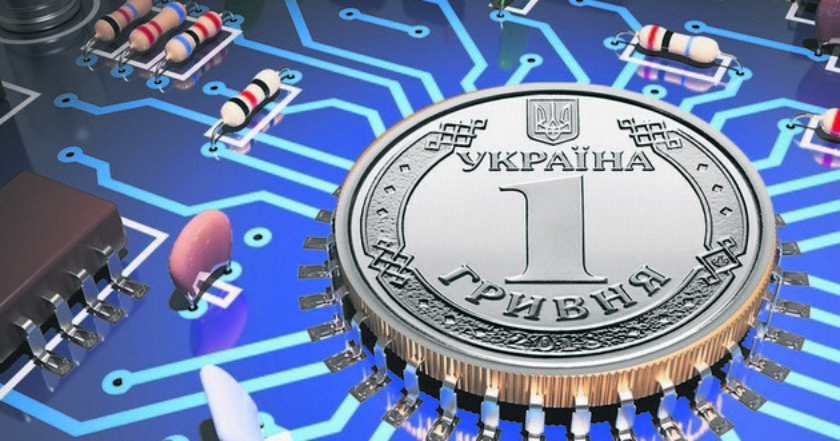Solutions from Ukraine: National Bank to test long-awaited e-hryvnia electronic currency

Photo: gsminfo.com.ua
The National Bank of Ukraine intends to trial the digital hryvnia this year, and banks have already been invited to join the pilot program.
The director of the Department of Payment Systems and Innovative Development of the National Bank of Ukraine, Andriy Poddieryohin, announced this in the "Chronicles of the Economy" podcast.
What is the problem?
E-hryvnia, a digital currency, is an ambitious electronic currency that Ukraine has been diligently working towards launching for quite some time.
Recent years have been marked by the appearance of innovative products for making calculations and payments worldwide. In addition to cryptocurrencies not backed by real money, such as Bitcoin, central banks of many countries are also experimenting with electronic currencies.
The National Bank of Ukraine (NBU), where this pilot project has been running since 2016, also strives to keep up with the rest of the world.
At the same time, the NBU noted that the use of the e-hryvnia should be convenient and accessible to all segments of the population, legal entities, state bodies, banks, and non-bank financial institutions.
What is the solution?
In February 2022, the National Bank and the Ministry of Statistics developed a road map for the introduction of the electronic hryvnia.
Now, the National Bank will conduct testing of the digital hryvnia throughout this year, for which banks have already received invitations to participate in the pilot project.
The experiment in Ukraine aims to test the use of digital currency from the central bank to determine the public demand for this type of money and the necessity of its implementation.
How does it work?
The electronic form of Ukraine's monetary unit, the e-hryvnia, will be a direct obligation of the central bank. According to the definition of the NBU, the digital Ukrainian currency will complement cash and non-cash forms of money and perform all their functions.
According to the Department of Payment Systems director, those banks that confirm their participation will invite their customers to the experiment.
The NBU plans to start the second pilot project using the e-hryvnia in the second half of 2024. Roughly, it will last about half a year.
As part of the experiment, all those willing to test the e-hryvnia can exchange their cash and non-cash money for it.
" We are not considering the approach used in China, where money was handed out to incentivize people," Poddieryohin informed.
As part of the experiment, they plan to test the possibility of paying with digital money offline.
For reference:
For most citizens, using a cashless form of payment and e-hryvnia will hardly differ, but they have technological and legal differences.
First of all, this money differs in the essence of the transaction. When you pay without cash, the transaction is recorded in bank accounts.
When the transaction occurs in digital currency, it is more like taking money out of your wallet and giving it to another person or company who will put it in their wallet. Only the wallet is not physical but virtual, and the money is not paper but in the form of a code.
An important distinguishing feature of digital currencies is anonymity. That is, with the help of blockchain technology, any transaction takes place anonymously, and other people act as intermediaries, and banks become unnecessary.
This is a crucial aspect of the popularity of cryptocurrencies, but digital government currencies can both maintain such anonymity and be tracked by the government.
The National Bank will issue e-hryvnia, and each such hryvnia will have a unique code. The National Bank will act as an intermediary in executing every transaction with the digital hryvnia and will be able to see who spent it and on what.
The digital hryvnia can be used to make purchases on the Internet and potentially in physical stores as well if the necessary payment infrastructure is developed.
Special programs are being developed to use digital currencies — virtual wallets storing funds. Sometimes, such a wallet can be used even without an Internet connection.


















































